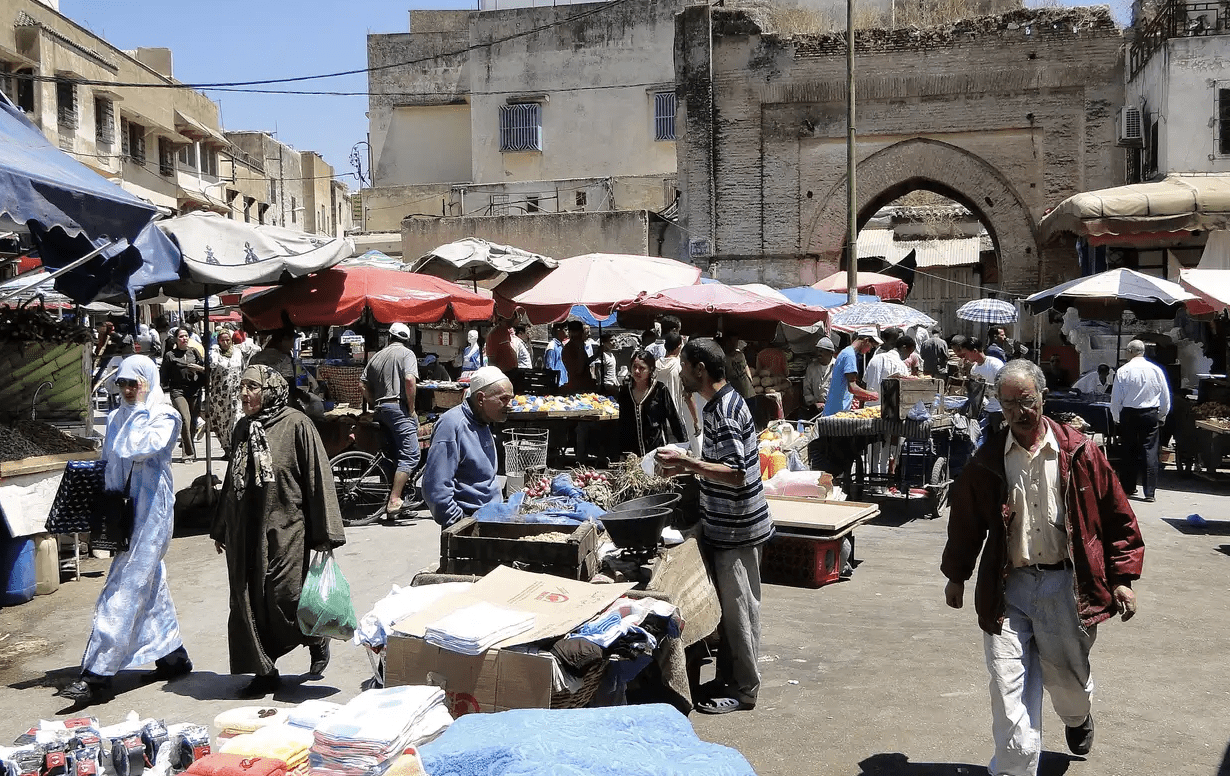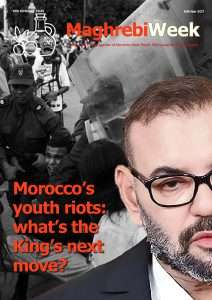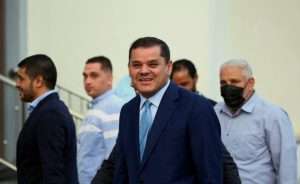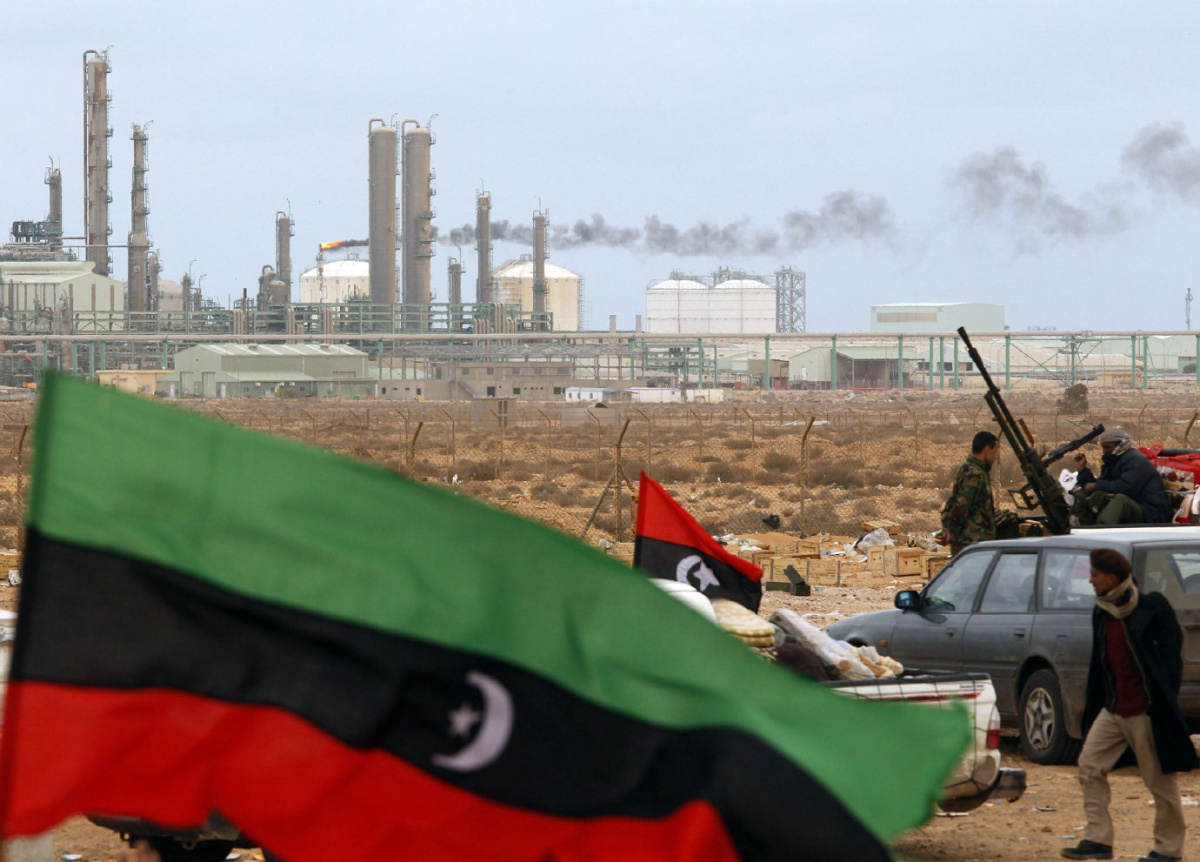Reports confirm Morocco’s stable investment-grade rating

According to the Moroccan government-friendly news outlet The North Africa Post on September 30, Fitch Ratings, an American firm dedicated to credit rating and analysis of financial markets, has maintained Morocco’s grade of “BB+” on its Long-Term Foreign-Currency Issuer Default Rating (IDR).
The S&P Global Rating agency also recently upgraded Morocco’s sovereign risk indicator to a BBB-/A-3, which is the agency’s “Investment Grade” status.
In 2023, the country started heavily pushing to regain its investment grade after it had lost it due to the COVID-19 pandemic and severe droughts that affected its key sectors.
The rating also came with the firm’s confirmation that the country has a stable outlook. The agency released a commentary explaining that the North African nation’s “BB+” rating had been given thanks to sound economic policies, strong support from official creditors, manageable debt levels, and ample international liquidity.

The American ratings firm also noted that the Moroccan Kingdom had experienced a stable real GDP growth of 3.8% in 2024, alluding to the considerable decrease in agricultural yields, which was compensated by the development of non-farming sectors.
The country’s agriculture was significantly affected by a long drought in 2024, which deeply impacted the livelihoods of farmers and reduced livestock numbers by almost 40%. While the drought is still affecting the Kingdom, the government launched desalination efforts and water transfers to ease the pressure and support the needs of its thriving agriculture sector.
The agency foresees that the rainfall experienced in 2025 will provide some relief for the drought and increase the nation’s farming yields. They also predict that real GDP growth is set to reach 4.4% in 2025, and it’s expected to remain at around 3.9% until 2027.
Additionally, Fitch’s commentary mentioned the 2030 FIFA World Cup investments in infrastructure, as Morocco will be co-hosting the sporting events. It maintained that the North African country’s finances won’t be strained by the expensive infrastructure projects, as most of them will be financed thanks to public-private partnerships.
However, recent anti-government youth protests accused their leaders of ignoring their healthcare and education systems for the benefit of building stadiums for the upcoming international sporting events.
While some of the government’s economic policies might cause the anger of its people and stir some controversy, Morocco’s economic growth remains exceptional in North Africa, especially in a world struck by a global recession.
The North Africa Post, Maghrebi.org
Want to chase the pulse of North Africa?
Subscribe to receive our FREE weekly PDF magazine














